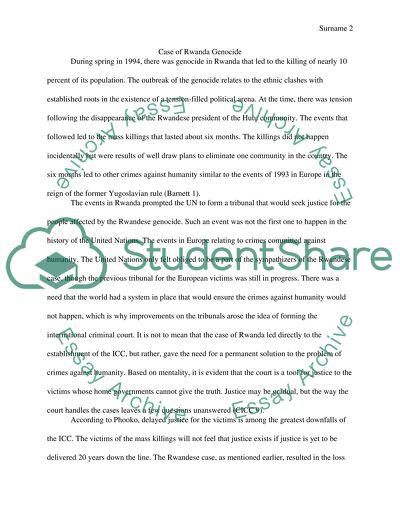Cite this document
(“International law Assignment Example | Topics and Well Written Essays - 1500 words - 1”, n.d.)
Retrieved de https://studentshare.org/law/1672401-international-law
Retrieved de https://studentshare.org/law/1672401-international-law
(International Law Assignment Example | Topics and Well Written Essays - 1500 Words - 1)
https://studentshare.org/law/1672401-international-law.
https://studentshare.org/law/1672401-international-law.
“International Law Assignment Example | Topics and Well Written Essays - 1500 Words - 1”, n.d. https://studentshare.org/law/1672401-international-law.


